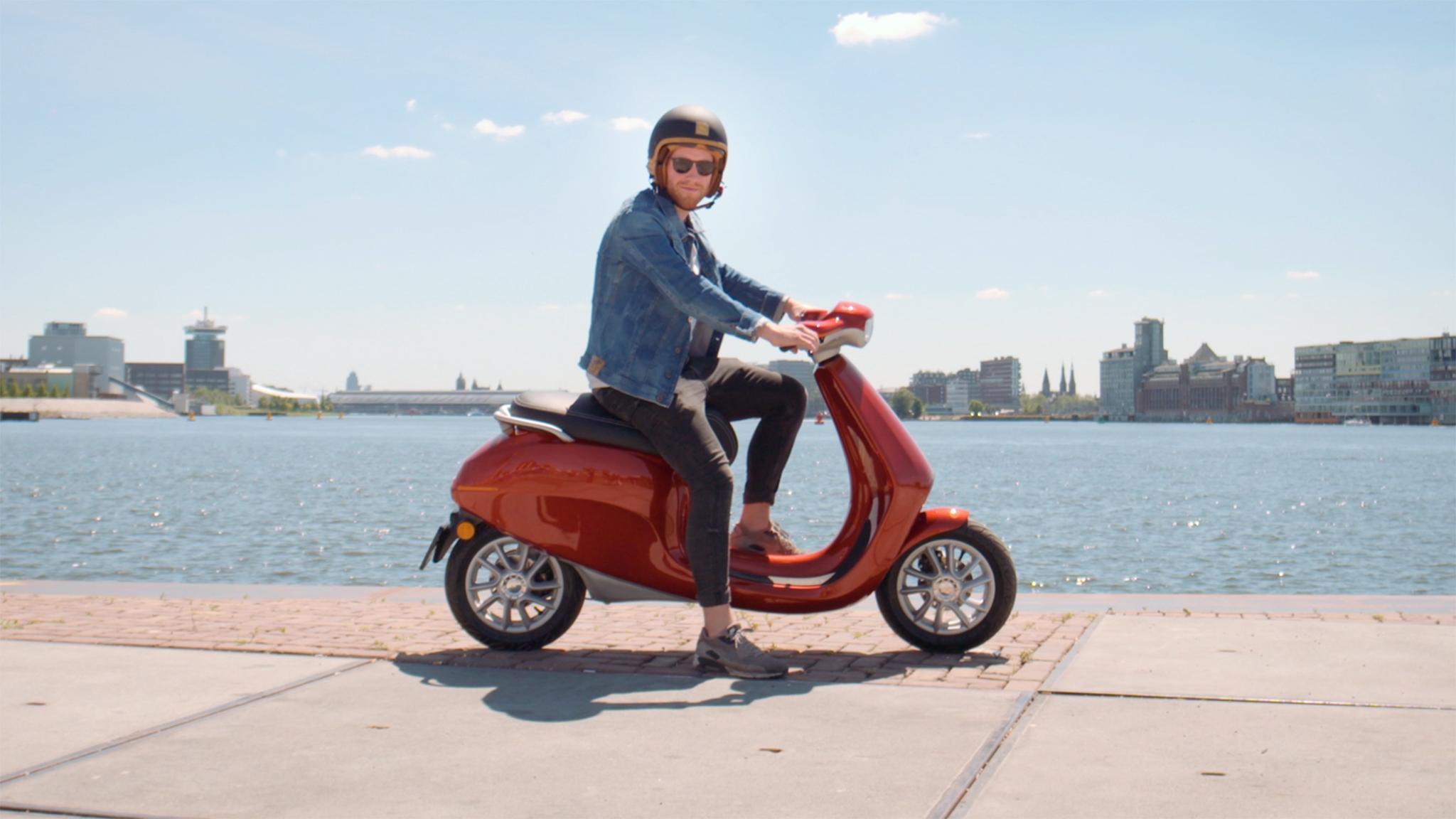Electric scooter startup Bolt Mobility secures €3m funding
The Netherlands-based startup attracts UK investors as it looks to produce an electric scooter capable of sending texts

Dutch electric scooter startup, Bolt Mobility, has secured €3m (£2.2m) in a fundraising campaign led by more than 2,000 investors from the UK and the Netherlands.
Bolt Mobility plans to use the funds to bring the AppScooter, an electric scooter with 4G internet connection and smartphone connectivity, to the market in 2018.
The startup, which was founded in 2014, says the AppScooter can travel up to 245 miles (400km) on a single charge and is able to accelerate from 0 to 25 miles per hour in just over three seconds.
The AppScooter can also send automated text responses and answer phone calls from its handlebars and touchscreen.
“It’s exciting to see so much support from the UK market,” said co-founder and chief executive Bart Jacobsz Rosier.
“We aim to have delivered more than a quarter million scooters to customers by 2020. We are truly excited to be at the forefront of a lucrative market worth over £30bn a year”.
Edwin Berkhout, a Dutch venture capitalist and investor in Bolt, said: “Bolt Mobility’s approach is revolutionary, as our scooters will be powered by clean, renewable [electricity] and therefore potentially game changing on a global scale”.
As interest in electric cars grows, a number of European cities and countries have introduced legislation to tackle pollution from smaller-sized vehicles.
From January 2018, Amsterdam will ban scooters made before 2011, while the Mayor of Rome has banned drivers from using scooters on Sundays.
The UK Government announced in September that it will ban new diesel and petrol cars by 2040.
It is not yet clear whether they will expand the legislation to scooters and motorbikes, which emit a thousand times more toxic chemicals than larger vehicles, according to a study from the University of Cambridge.
Subscribe to Independent Premium to bookmark this article
Want to bookmark your favourite articles and stories to read or reference later? Start your Independent Premium subscription today.

Join our commenting forum
Join thought-provoking conversations, follow other Independent readers and see their replies